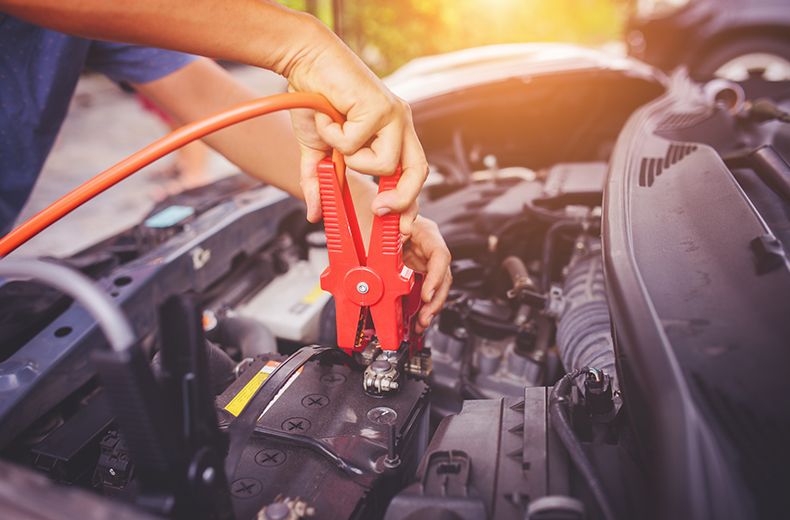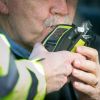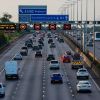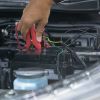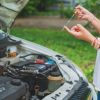It’s been two weeks since Boris Johnson asked the public not to leave home except for absolutely essential journeys and exercise – long enough for weaker car batteries to go flat.
Motorists can attempt to charge batteries themselves or call for breakdown assistance to get back on the road if they need to make an essential journey.
Despite a recent upturn in road traffic, Department for Transport (DfT) figures show that journeys have fallen by around two-thirds in the past three weeks.
RAC spokesman Simon Williams said: “Many people will find their cars have flat batteries as a result of them being left idle for two weeks.
“This is an unfortunate consequence of the ‘stay at home’ advice and something we’re dealing with on a daily basis.”
Batteries will often discharge because of a combination of constantly occurring chemical reactions and energy-sapping systems such as immobilisers, that still function even when your engine is off.
Mr Williams explained that starting a car occasionally “isn’t likely to help” either, as that does not allow enough time for batteries to recharge.
“In fact, this may end up draining a weak battery,” he said.
Alternators recharge the battery as well as generating power. It takes time for them to power cells in the battery and five to ten-minute journeys are insufficient.
How to look after your battery
Households with two cars should alternate using them for essential journeys to avoid flat batteries.
Mr Williams added: “You should also consider driving the one with the older or weaker battery more often.”
Drivers should ensure that they take precautions before leaving their car parked for an extended period of time.
Using a battery conditioner or trickle charger is perhaps the best way to ensure your car makes it through lockdown. These devices keep your battery from being drained without the need to run the engine.
Topping up fuel and oil, and cleaning your interior will improve the performance of your car after social distancing restrictions are lifted.
Mr Williams said: “If your car doesn’t start after a period of not being used and it’s needed for an essential journey, please call us.
“We’re still attending customers, whether that’s people doing their food shopping or going to work because they have to, or emergency service vehicles, delivery lorries and other critical service vehicles.”
The RAC is still here for customers' essential journeys wherever they break down.
If you have more questions about what the outbreak means for you, we've done our best to answer questions you may have about driving and using your car during the coronavirus outbreak.
Are you experiencing a car fault, warning, or mechanical problem? Find a local mechanic with the RAC.

RAC sale – up to 33% off*
• Roadside cover from £5.29 a month†
• We get to most breakdowns in 60 mins or less
• Our patrols fix 4/5 breakdowns on the spot


